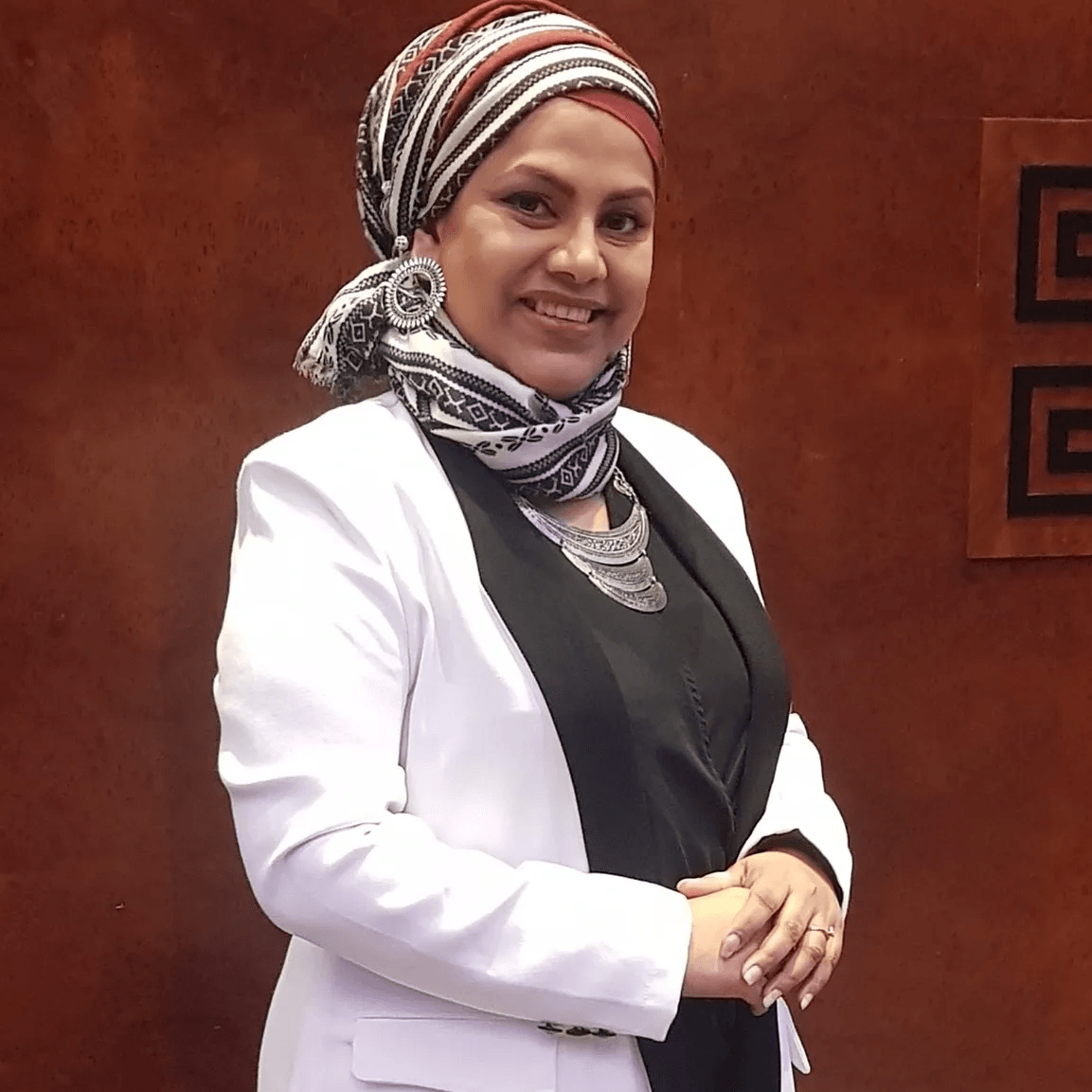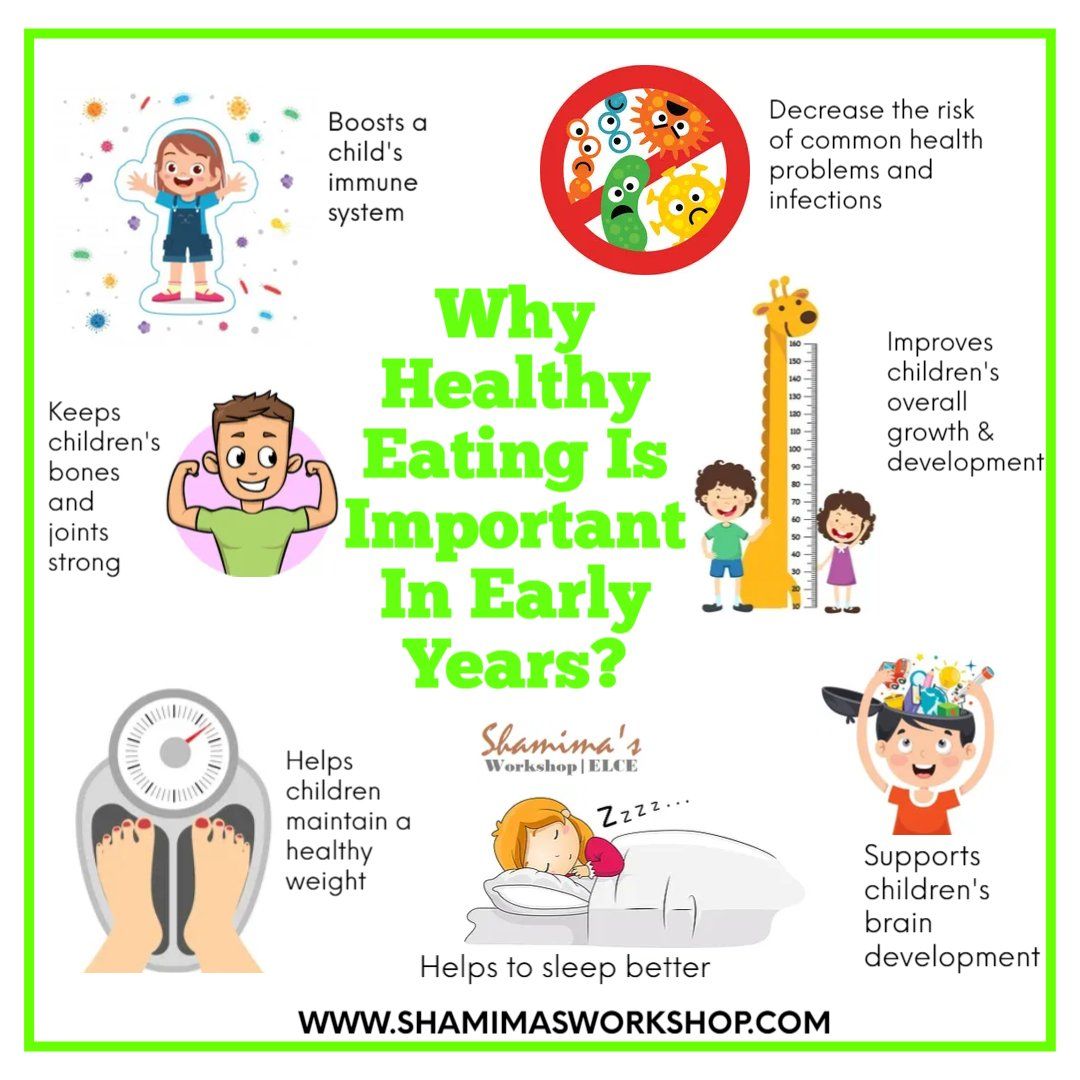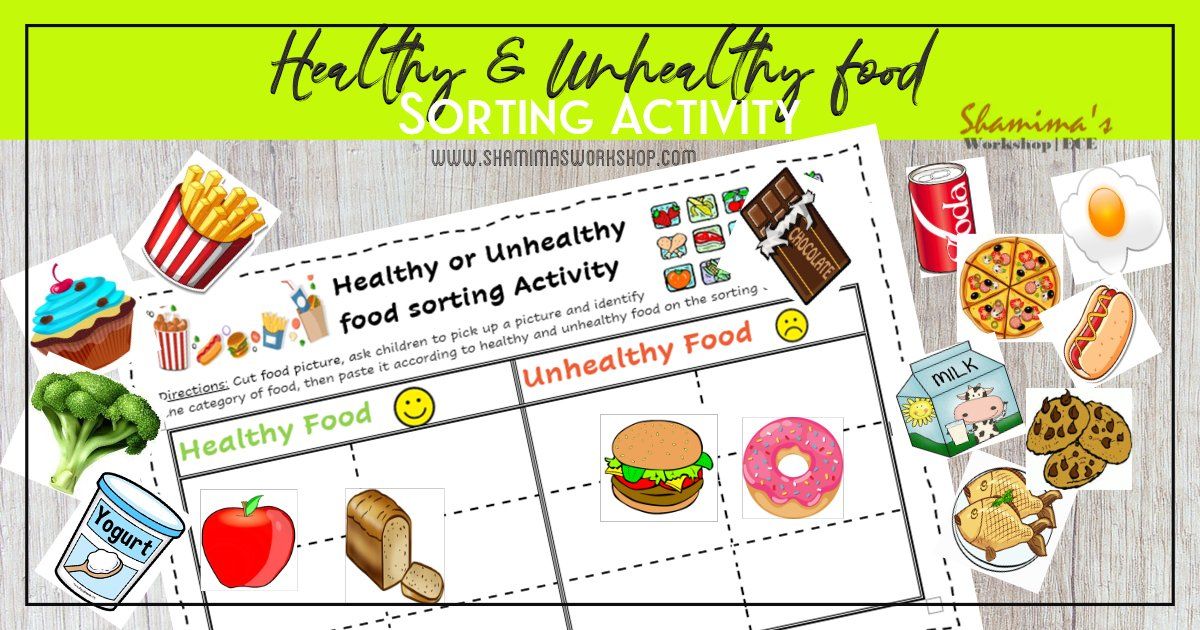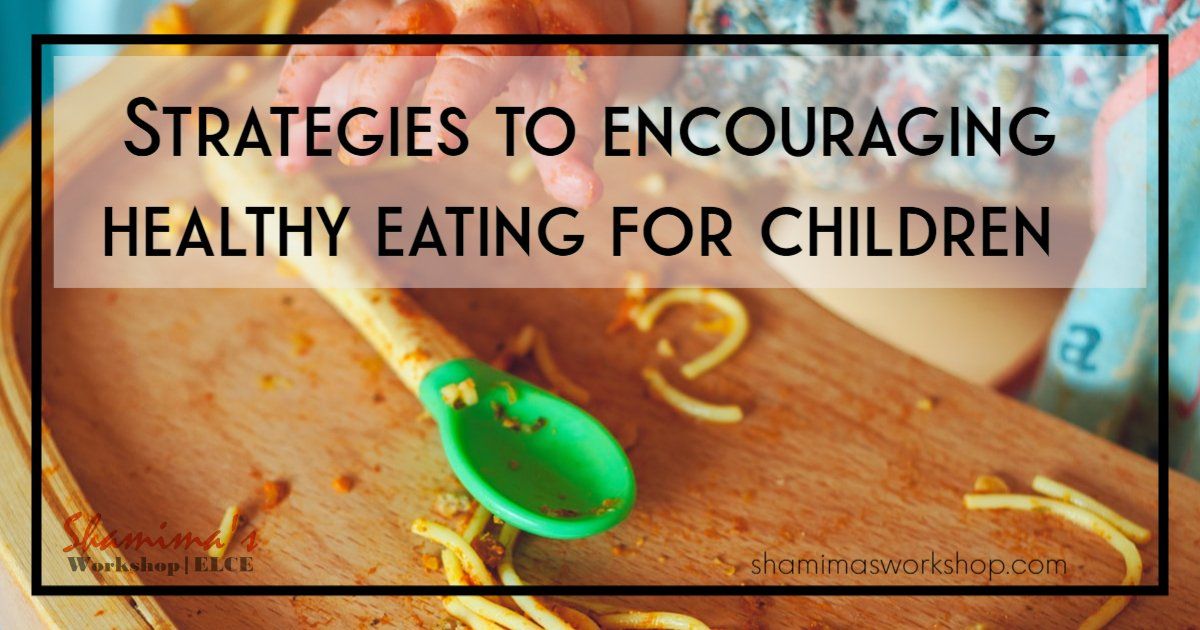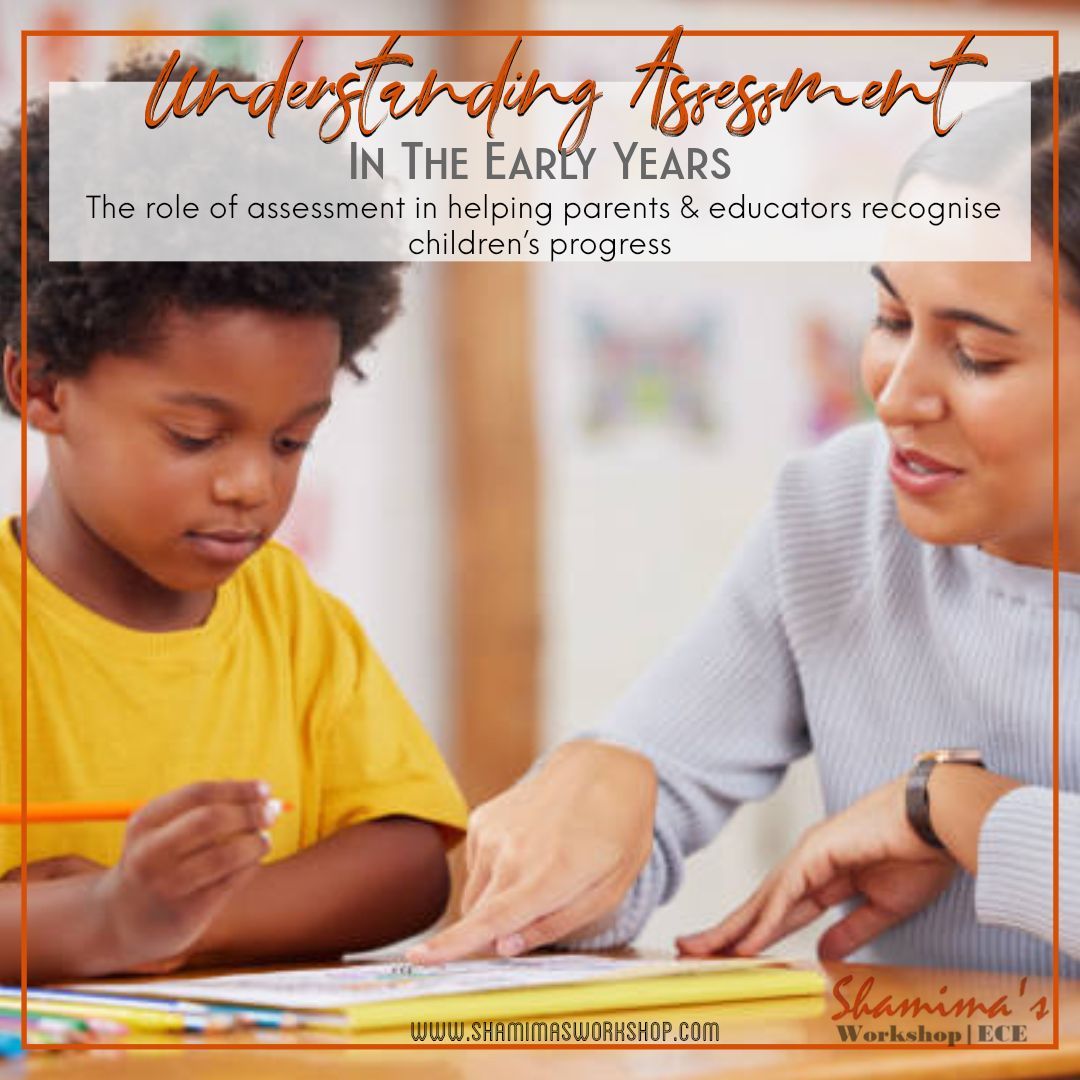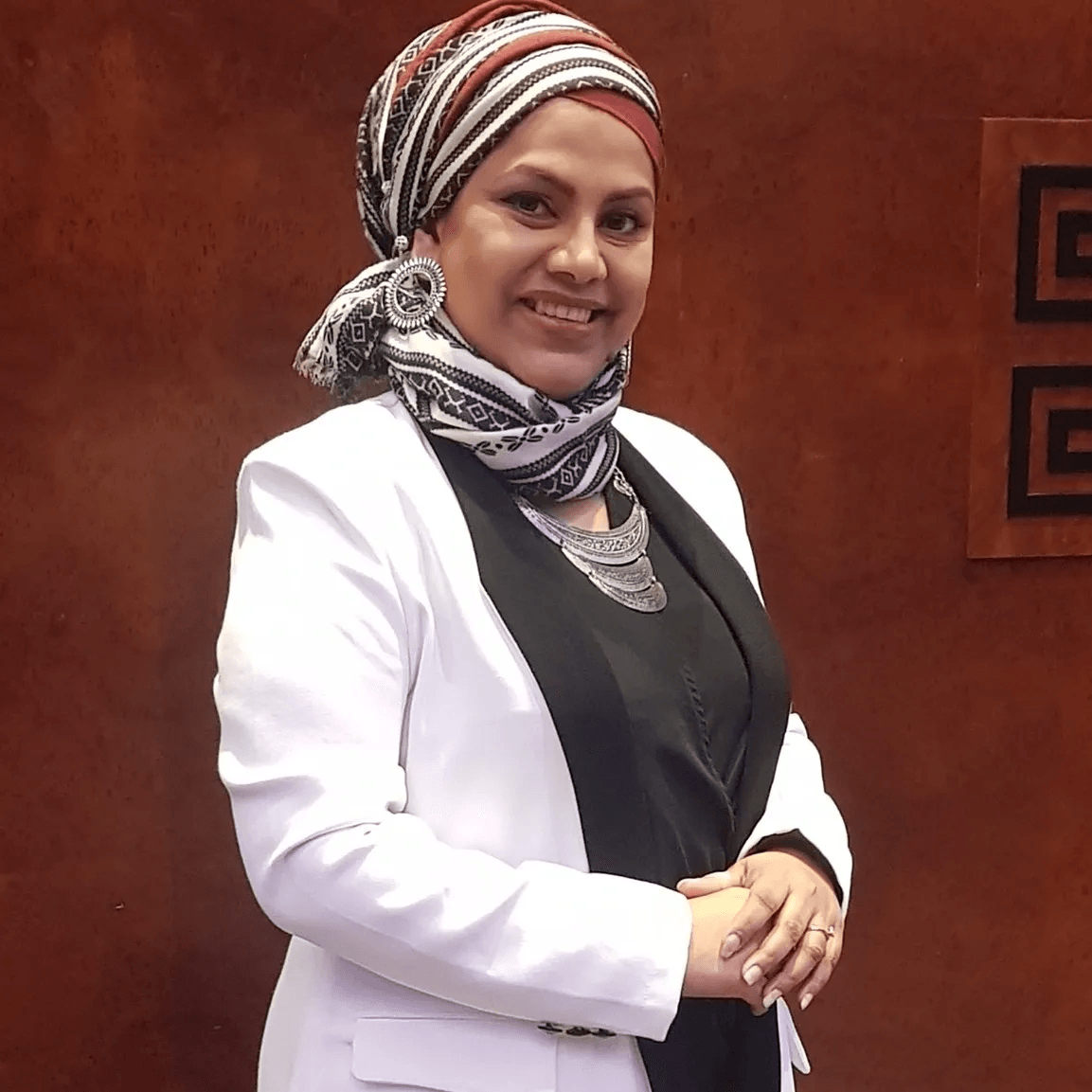Healthy eating means eating a variety of foods so that the child gets the nutrients such as protein, carbohydrate, fat, vitamins, and minerals, he or she needs for normal growth. If a child regularly eats a wide variety of basic foods, the child will be well-nourished.
With more than a fifth of children either overweight or obese when they join Reception class, it is vital that healthy eating habits are introduced to children from a young age. A nutritious, balanced diet and sufficient physical activity are essential to a child’s long-term health and development, and good nutrition also helps improved learning and behaviour. Nowadays, children seem to be obsessed with eating junk food. Children all throughout the world consume a lot of harmful foods, including sugary delights and other types of savory foods. Research shows that on any one day, 36.3% of children and people between the ages of 2 and 19 eat fast food.
What is meant by healthy eating?
Healthy eating means eating foods from a variety of food groups to get the energy and nutrients that a body needs to grow. There's no one type of food that can provide all the nutrients a human body needs – so it's important to eat a wide range of foods. Eating a variety of foods so that the child gets the nutrients such as protein, carbohydrate, fat, vitamins, and minerals, he or she needs for normal growth. If a child regularly eats a wide variety of basic foods, the child will be well-nourished.
Why healthy eating is important in early year?
Children's health is protected when they are young by being encouraged to eat healthy food and learn about food, and the foundations for their future health and wellbeing are built when they are young. Healthy eating shows several benefits, some include:
-It helps children maintain a healthy weight.
-boosts a child's immune system.
-decrease the risk of common health problems and infections
-Keeps children's bones and joints strong
-improves children's overall growth and development.
-supports children's brain development
-helps to sleep better.

